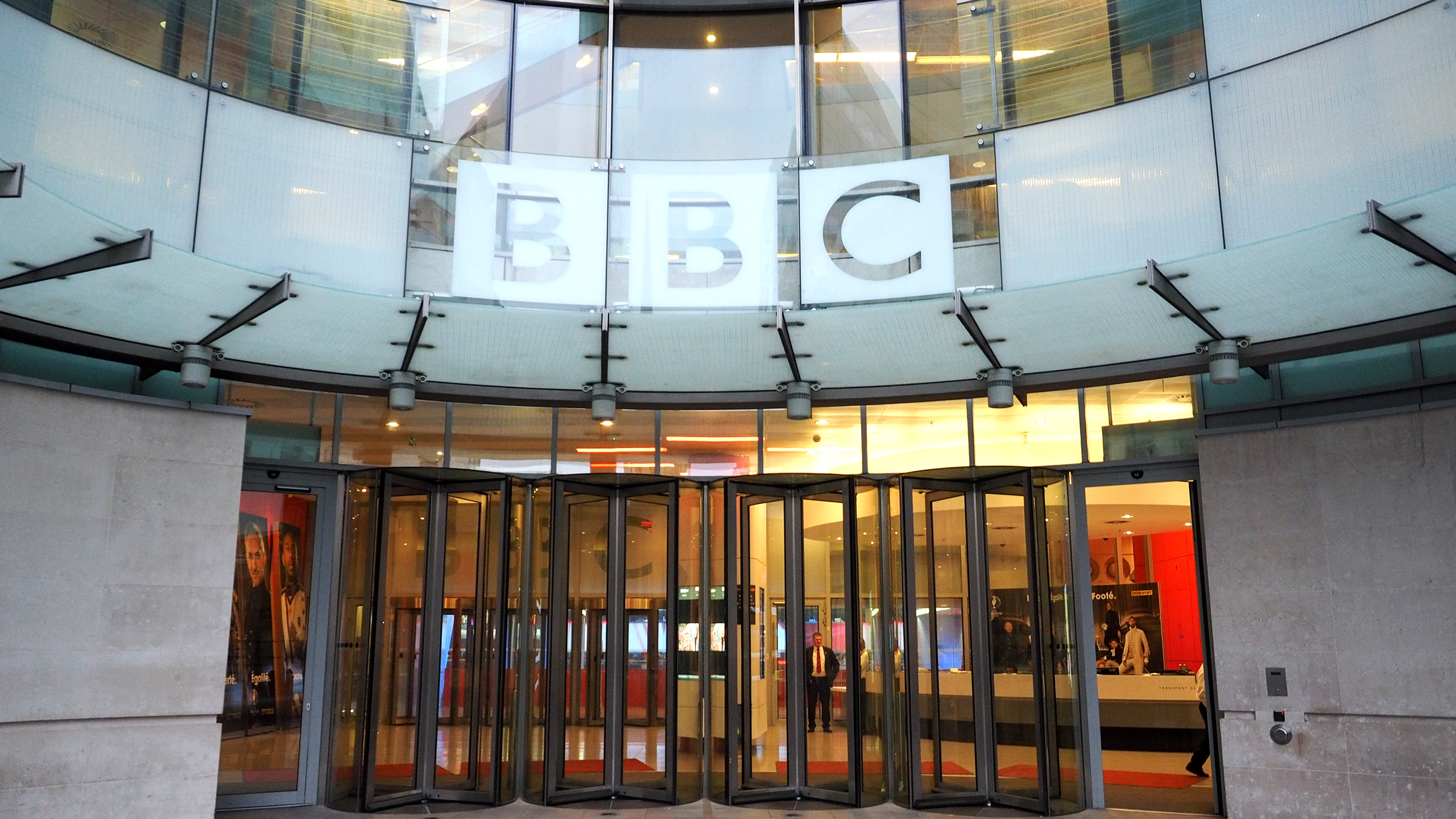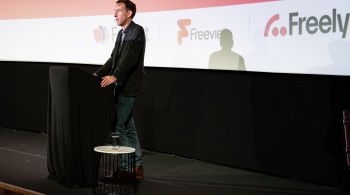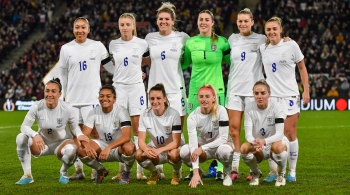
I wouldn’t like to guess at the size of Tim Davie’s inbox as he prepares to take over as Director General of the BBC in September. But I would be prepared to guess that close to the top of it will be the need to win back younger audiences for all of the BBC’s output: television both on the box and online, radio and its digital news services.
In that respect at least, Tim Davie is a lucky (director) general. New research which Freeview published on the same day as his appointment was announced shows that young people are indeed relearning their love for public-service broadcasting. Or maybe they never fell out of love with it in the first place.
A shift in viewing habits
Lockdown is nobody’s idea of good fortune, but for the BBC in some ways it has come at a good time. Faced with an escalating row with the government over alleged bias in its news coverage and the accompanying threats to the licence fee, its previously unassailable source of revenue, things looked grim earlier this year.
Prior to lockdown, there was also a debate about the extent to which the current PSB framework needed a complete overhaul in light of much changed consumer viewing habits and an increasingly global TV market. Ofcom’s five yearly PSB review which is now on temporary hold, may have questioned the entire system which has delivered so well for viewers to date.
It may well be much harder now for the government to diminish the BBC because it has proved its value at a time of national emergency. When he was the shadow culture secretary in 2015, Chris Bryant MP called the BBC the "cultural NHS" and this health crisis has given a great deal of weight to that idea.
The role of public service broadcasting
Freeview’s research shows that younger viewers now value PSBs as much as older generations. Two thirds (62%) say they value the content from public service broadcasters more now than before lockdown. For a generation that was supposedly lost to streaming services, the BBC now sits alongside Netflix in younger audiences’ top TV providers. And it is where the majority go for trusted news and information.
Despite the undoubted scale and breadth of the challenges ahead - these are reasons to be cheerful for the new DG. The growing threat of SVODs from global players was making it easy for political opponents of the BBC to make the case that it was growing less relevant to future generations. Previous research certainly backed that idea up.
But if the audience of tomorrow is now making the connection between public-service, high-quality, universality and good-value in broadcasting, we should all thank our lucky stars, because we have never been in greater need of those qualities either in a whole industry or indeed in the form of a single person. After years of policy wonks debating the topic - we’ve had a real life case study of what public service broadcasting is really for.



